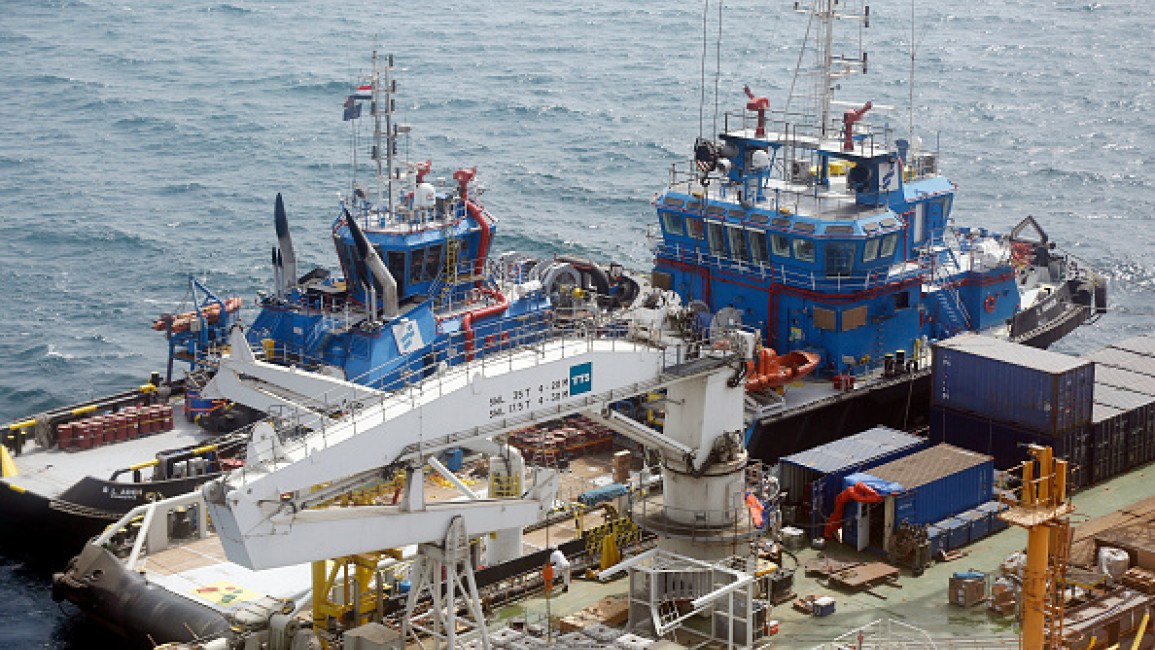UN says oil transfer from abandoned Yemeni tanker to 'start soon'
Salvage teams are close to starting the transfer of more than one million barrels of oil from a decaying tanker anchored off Yemen after two weeks of preparatory inspections, the United Nations said.
The FSO Safer, long used as a floating storage platform and now abandoned off the rebel-held Yemeni port of Hodeida, has not been serviced since the Arabian Peninsula country plunged into civil war more than eight years ago.
A team of experts last month started inspecting conditions aboard the vessel and kickstarted preparations for the operation intended to avert a major oil spill.
"I think we are getting very close to the point where we can start the ship-to-ship transfer which will be the next and perhaps most important phase," David Gressly, the UN Resident and Humanitarian Coordinator for Yemen, told a news conference in The Hague on Monday.
"We have a few steps to take care of in terms of insurance and other issues that we need to resolve before bringing in" a replacement vessel, he said.
The operation will see private company SMIT Salvage pump the oil from the Safer to the Nautica, a super-tanker the United Nations purchased for the operation, then tow away the empty tanker.
"After two weeks of inspection, our crew are convinced that the Safer is strong enough for such an operation," said Peter Berdowski, CEO of Boskalis, the parent company of SMIT Salvage.
"I think we are almost there. As far as we are concerned, we are ready to start the ship-to-ship transfer any day in the coming days."
Berdowski was speaking on the same panel as Gressly ahead of the opening of the Yemen International Forum in The Hague on Monday.
Berdowski said the removal of the oil could take between one week and one month, depending on how easily it can be pumped.
"The most important next step obviously is the arrival of the Nautica" replacement vessel, he said.
Berdowski said some issues still needed to be resolved, including inspections to determine whether there is any oxygen inside the oil tanks which could result in an explosion if exposed to a spark.
His team would also need to embark on an underwater inspection of the Safer's hull to make sure it is strong enough for a ship-to-ship transfer.
The Safer is carrying four times as much oil as that which spilled in the 1989 Exxon Valdez disaster off Alaska, one of the world's worst ecological catastrophes.
A spill could cost up to $20 billion to clean up, to say nothing of the environmental and human toll, and the UN is negotiating with an insurance consortium to insure the operation.



